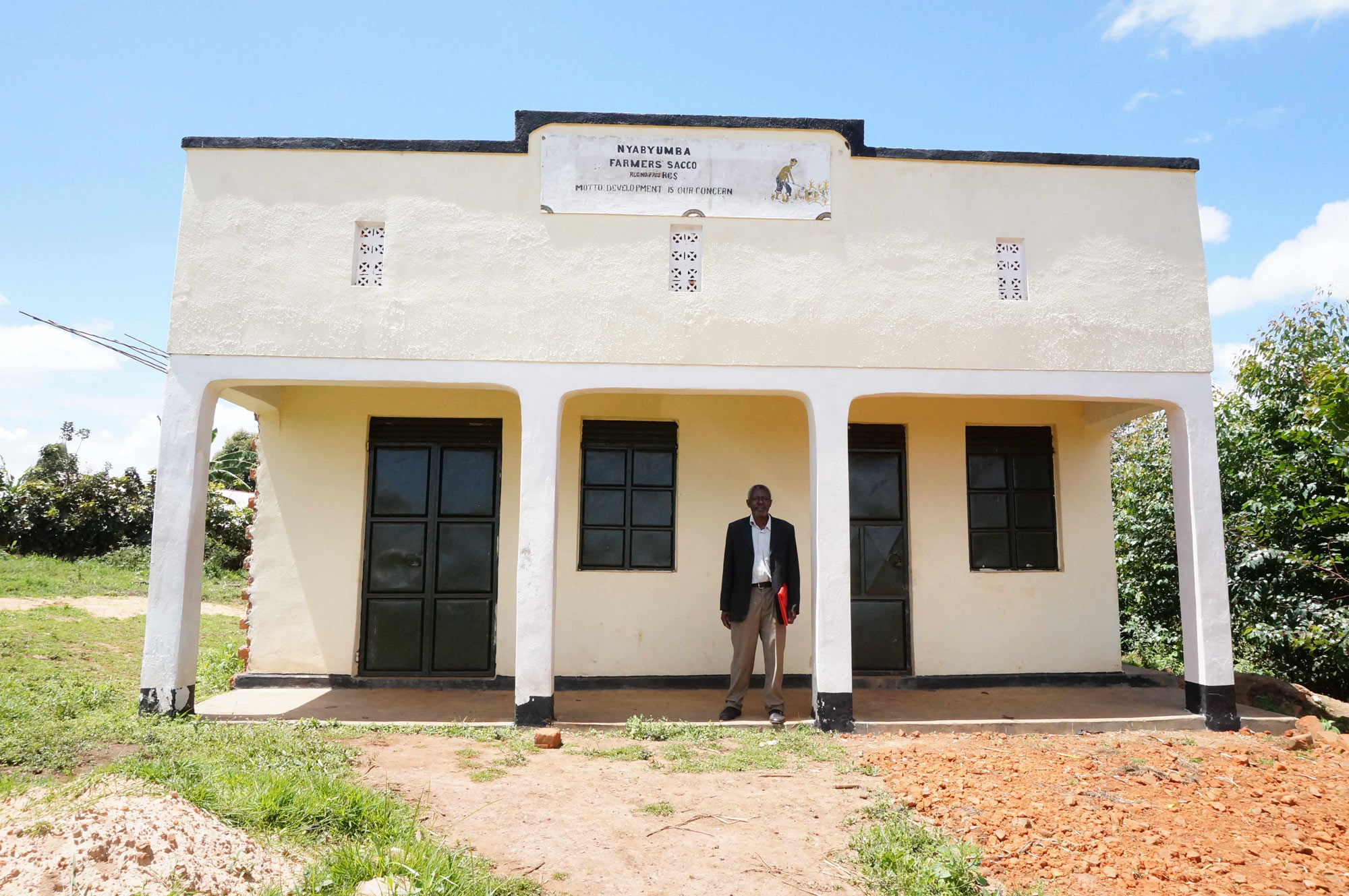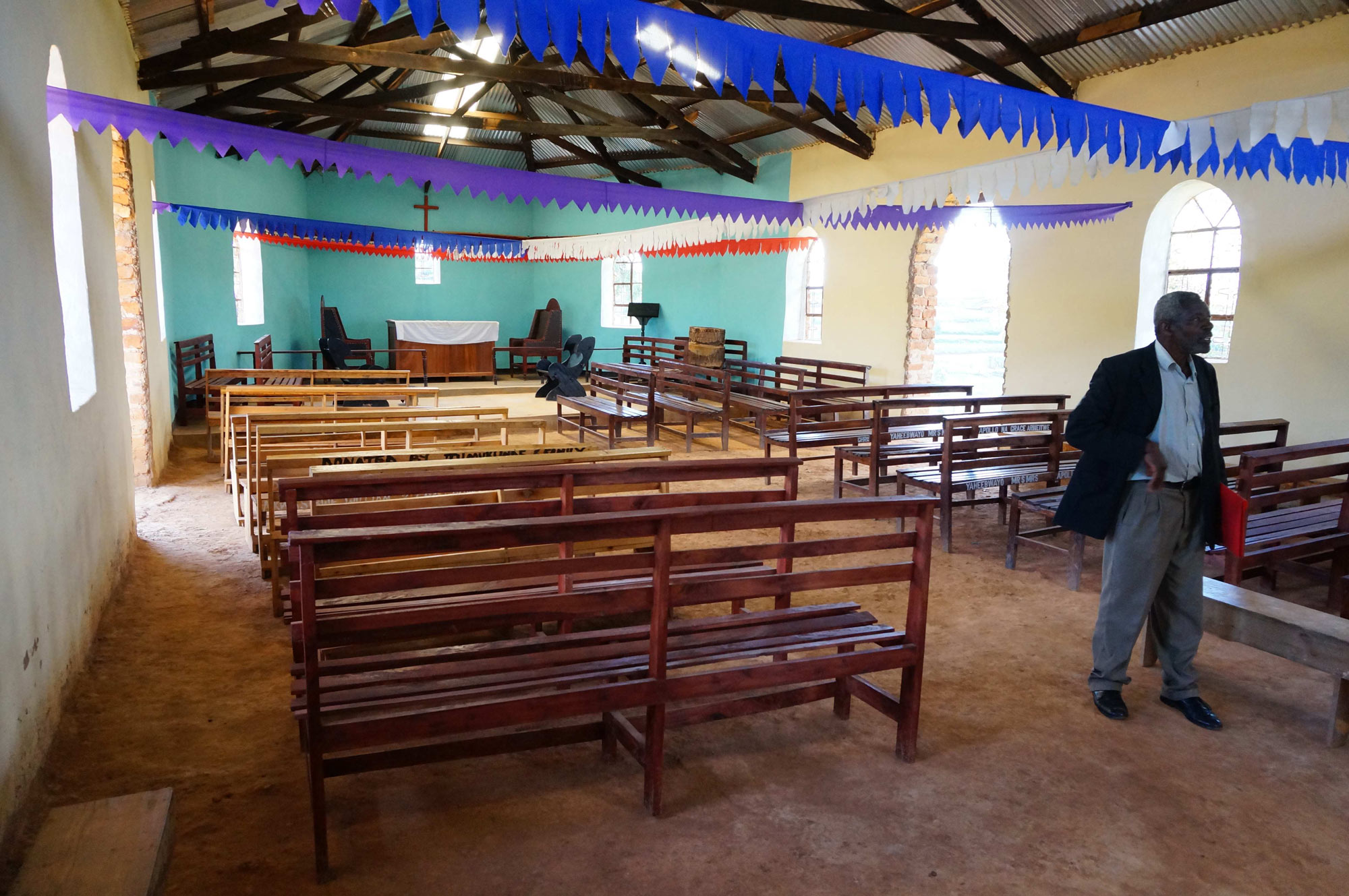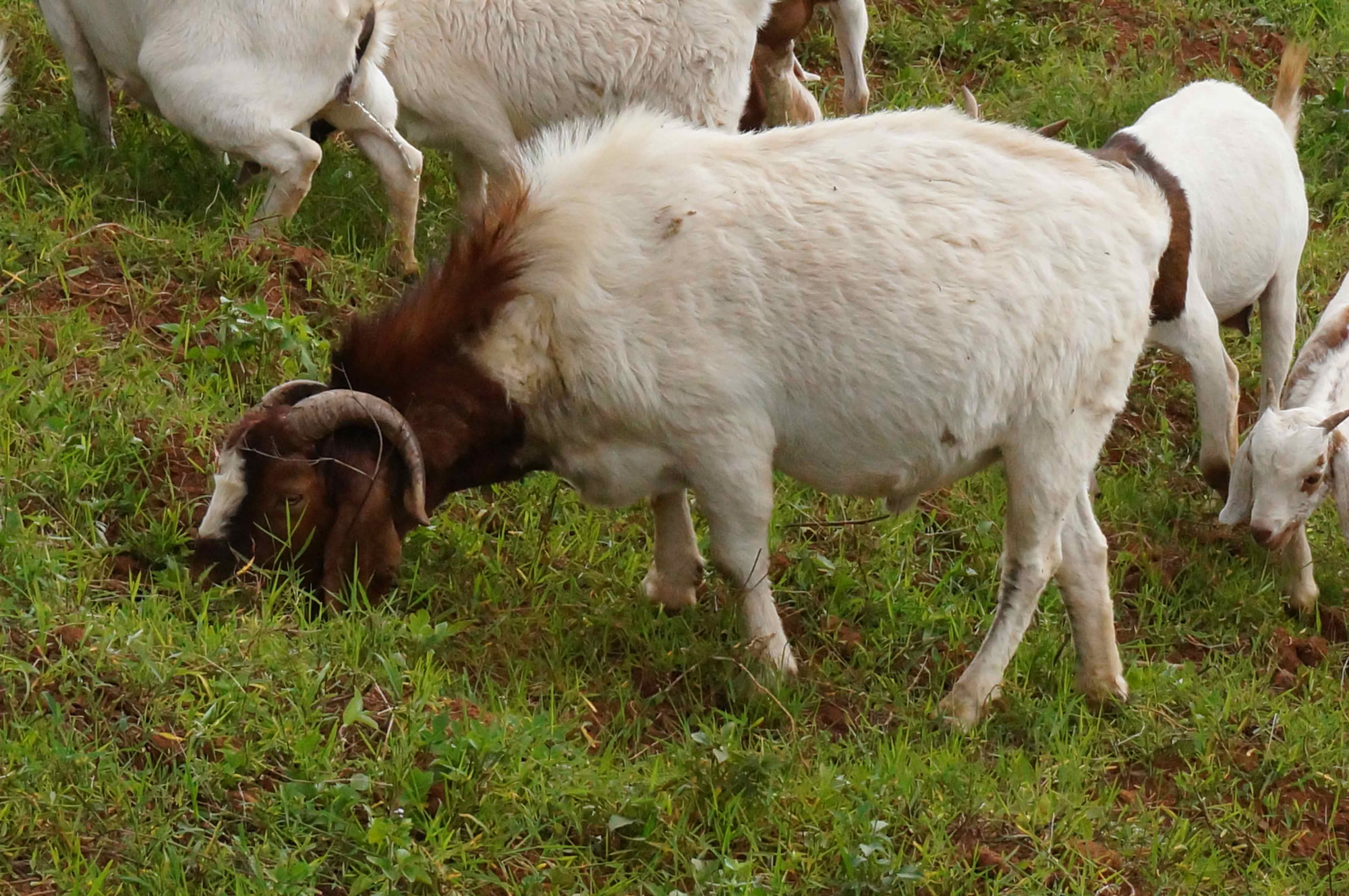The best way to truly appreciate the impacts of any social or scientific initiative is to look back retrospectively – and given the passage of time, understand and acknowledge any wide-ranging social and environmental improvements explained as a result of the project. In the case of certain projects spearheaded by the International Potato Center (CIP) in Uganda, looking back years on makes it possible to witness how ripples left behind by these initiatives continue to add value to local farmers and communities.
From 1999 to 2001, CIP executed an IFAD-FAO funded project to form Farmer Field Schools (FFS) for integrated blight management in a number of countries in Africa, Asia, and Latin America. This program had varying levels of success around the world, but it was in Uganda where the footprints left behind by this project are most clearly visible.
Almost 15 years ago, in the southwest of Uganda, CIP initiated a project to work closely with community groups, formed with the help of Africare and the National Agricultural Research Organization of Uganda (NARO), and supply them with clean potato seed and help the groups to proficiently farm potatoes. These community groups included the Nyabyumba Community Development Group and the Nyakibande Twetungure Group, amongst others. From 2004 to 2006, CIP implemented a follow up project in the same areas with the same groups in order to further test ideas developed during the first phase. It is only now however, that we can fully acknowledge the extent of the impacts these projects had on the local communities.
According to Rogers Kakuhenzire from CIP’s office in Sub Saharan Africa, “The impacts of CIP’s initial potato projects in these communities have been diverse, and have resulted in the emergence of an extraordinary array of varied initiatives.” These include the construction of a Potato Church, the emergence of community banks, and increased livestock; all of which improve the livelihoods of community members.
In the case of Nyabyumba Community Development Group, CIP started supplying special potato seed varieties to the initial group consisting of 40 members (20 women and 20 men). The Project team divided seed amongst group members, and then taught the farmers how to farm potatoes, before enhancing their role in the value chain. The community members began to see immediate benefits, and they reinvested excess profits into the land in order to boost food security. By 2003, the group had increased to include 141 members, even though a number had pulled out of the group using profits from potato production to start their own commercial enterprises. The same year, the group began supplying quality potatoes to a large fast-food chain based in Kampala.
One of the most interesting results of this initial project is that in 2004, members from the group started a community bank called the Nyabyumba Farmers’ Cooperative Savings and Credit Society Limited (SACCO). SACCO currently has over 400 members, and they bought the land on which they built the bank using proceeds from potato sales. “This amazing initiative enables community members to have a central store for post harvest crops, and allows them to hold on to potatoes and sell them when the market price is high,” says CIP scientist Annie Njoroge. SACCO furthermore gives loans to farmers to buy seed, land, and machinery at an interest rate of 4% per annum.

Nyabyumba Farmers’ SACCO
Following the project, the Nyabyumba Community Development Group used potato sales to buy more land, which helped them generate healthier profits, which they then spent on sending their children to better schools. Members of the community were able to buy phones, motorcycles, and in some cases even cars. As the farmer’s income increased, they decided to use a portion of the proceeds to convert a nearby hut into a church. This church is called the Potato Church and was constructed solely from farmer contributions without any external fundraising.

Inside the Nyabyumba Potato Church
In the case of the Nyakibande Twetungure Group, CIP’s FFS initiative resulted in community profits, which in turn led to the establishment of a thriving livestock industry. This all started in 2003, when the group started keeping goats with the sole intention of producing organic manure for their potato farms instead of using expensive fertilizers. The group managed to get hold of a stronger breed from South Africa, which they introduced and interbred with local breeds. The number of goats began to multiply, and it was not long before the farmers looked towards the market place to sell off excess goats from the herd. As the crossbred goats were larger and healthier than local breeds, they began to fetch higher market prices. Since 2003, the community has generated over $25,000 from the sale of goats, and this money has mainly been used to buy more land, pay school fees, and been invested in their own community bank which they managed to start without loans from external sources.

Goat herds bred using potato profits have generated $25,000 for the Nyakibande since 2003
While these groups have used potato to greatly improve their livelihoods and ensure brighter futures for their children, they still face great challenges, which they are working hard to overcome. Ensuring that there is enough quality seed for potato planting remains one of the greatest challenges facing these communities. In order to address this problem, the groups have plans to build their own greenhouses in order to produce quality potato seed more efficiently.
What started as a simple initiative has had far-reaching impacts in these local communities. And while CIP helped plant the seeds for success, these communities have been responsible for ensuring its growth. They have managed to use potato crops to greatly improve their quality of life, and the extent of the prosperity derived from potato cultivation will most likely keep on growing in years to come.
